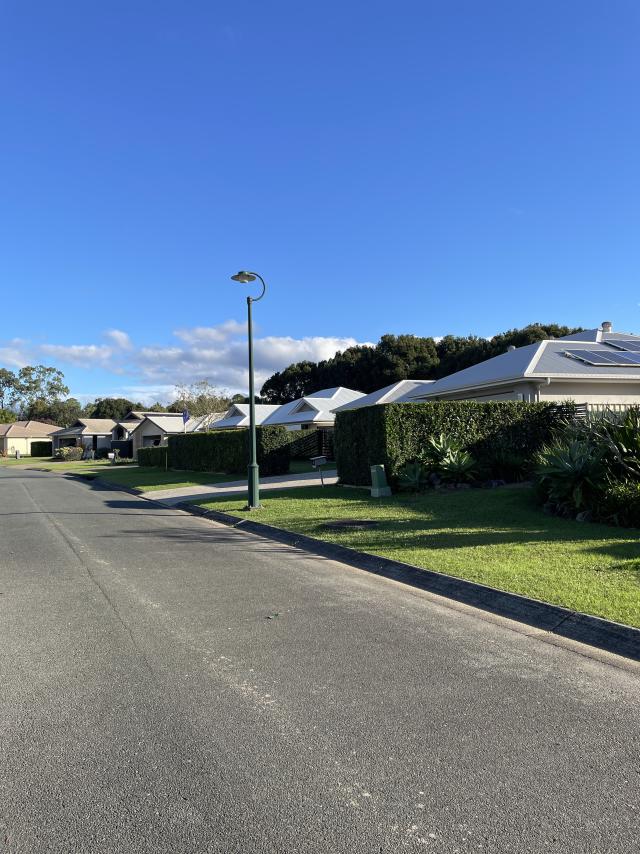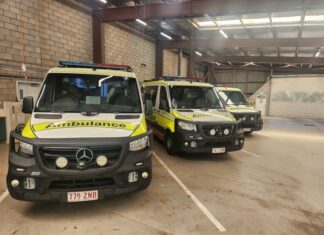From 1 July, Noosa landowners who build secondary dwellings or ‘granny flats’ will no longer incur infrastructure charges.
The change is among the raft of financial incentives Noosa Council has introduced for the new financial year to encourage more small and affordable homes in an effort to combat housing challenges.
Development and Regulation director Richard MacGillivray said removing infrastructure charges for new secondary dwellings would save applicants on average around $7000.
“We hope the removal of infrastructure charges will entice more landowners to add a granny flat and rent it out to help meet the demand for small and affordable permanent housing for one-and-two-person households and older residents. It’s important to note these dwellings are not permitted to be short-term let,” he said.
“This change takes effect from the new financial year – 1 July – so any infrastructure charge notices issued prior to 1 July 2025 are still payable.”
The new financial incentives also seek to incentivise the development sector to build affordable housing.
“Small units – depending on the location – close to key centres and public transport are needed to help combat the housing crisis,” Mr MacGillivray said.
Where a developer proposes a private residential development with an affordable rental premises, Council will waive Material Change of Use application fees for the affordable rental premises component.
“For example, if in a 20-unit proposal, four of the units are designed to be affordable rentals, we will only charge application fees for 16 units.”
Developers will be eligible for a 50 per cent reimbursement of pre-lodgement administrative fees when they formally apply for a development permit for a proposal that includes affordable rentals.
“We will waive this entirely for not-for-profit community housing providers, who, together with charitable or other non-profit organisations, will also be eligible for a full deferment of infrastructure charges for new social or affordable housing developments.
“The charges will only ever be payable should the property cease being used to provide affordable rental housing,” Mr MacGillivray said.
“Naturally there are tight criteria for affordable rental premises – for instance they must be small dwellings owned or leased by a registered community housing provider for at least 20 years.”
Not-for-profit organisations offering crisis, emergency transitional housing, social housing or affordable rental premises are also eligible for a 50% reduction in development application fees.
All of these financial incentives apply from 1 July 2025.
The new financial incentives ratified in May are among more than 45 Housing Strategy actions Noosa Council is taking in response to the housing crisis.








